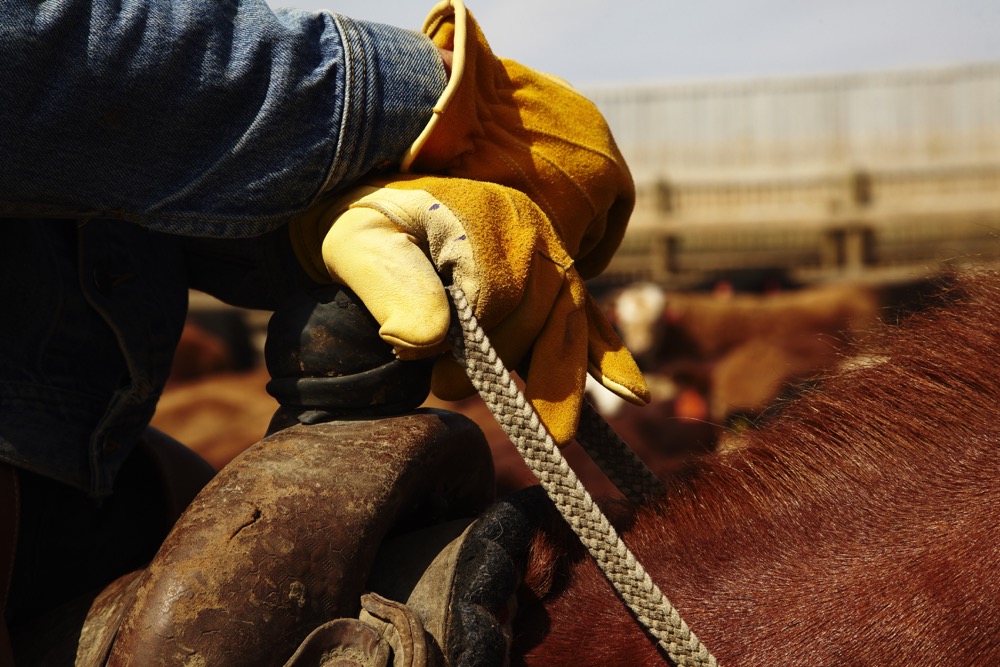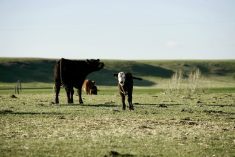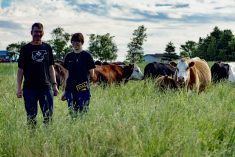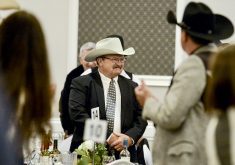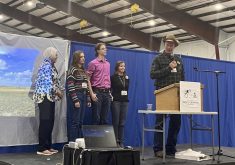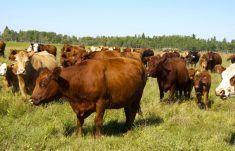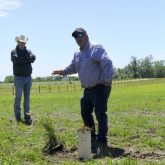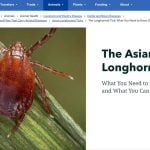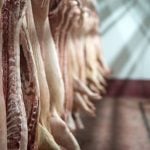The importance of conserving habitat for species at risk on native grasslands was one of many topics discussed at the 105th Saskatchewan Stock Growers Association annual general meeting and convention.
The event, held in Swift Current, kicked off with an announcement from outgoing SSGA president Shane Jahnke on the creation of the association’s new grass bank pilot project, a collaboration with Parks Canada to conserve habitat for species at risk on Grasslands National Park and surrounding ranches.
When ranchers meet habitat targets for the greater sage grouse, sprague’s Pipit and chestnut-collared Longspur, they will receive financial incentives and a reduced grazing fee for parts of the park’s east block. The program is funded through the Species at Risk Partnership on Agricultural Land (SARPAL), and habitat targets are monitored by the South of the Divide Conservation Action Program.
Read Also
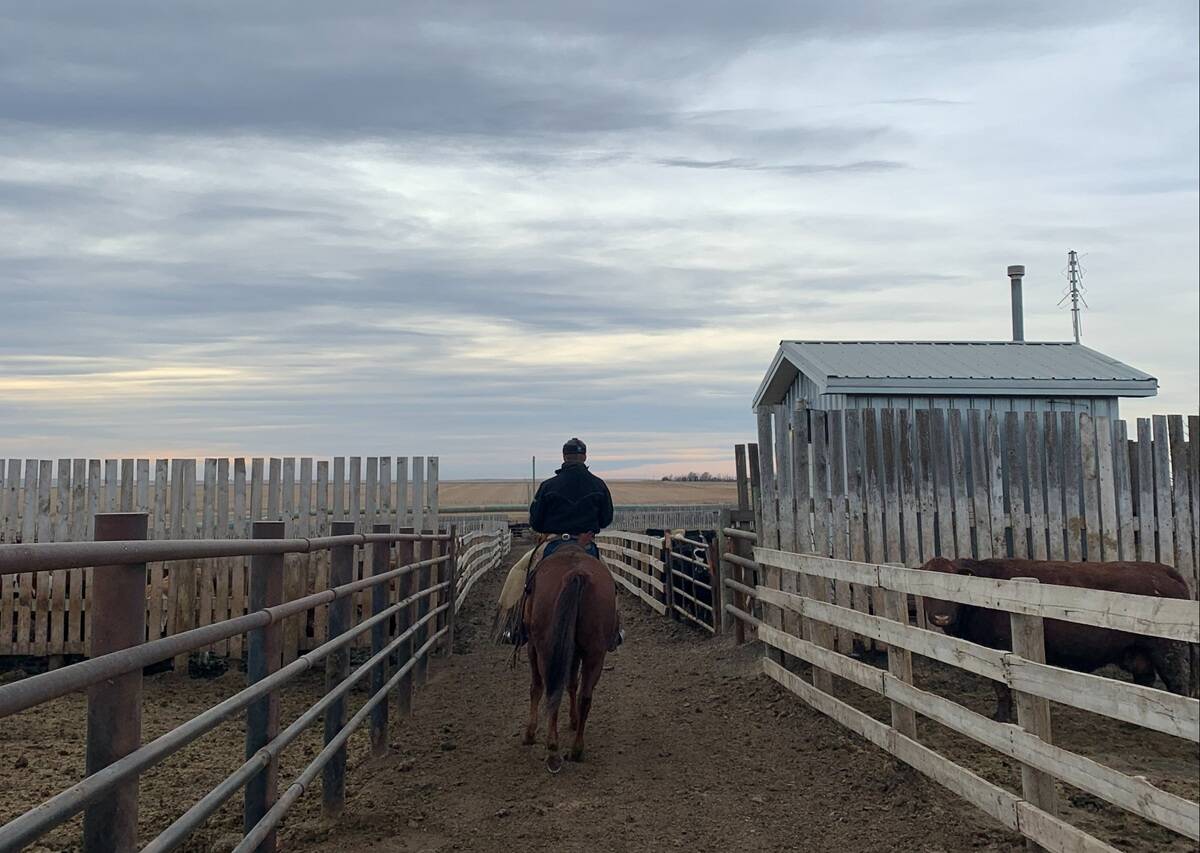
Pen riders still better than tech at detecting respiratory disease in feedlot cattle, says researcher
Recent research found that pen riders are better than tech at flagging signs of BRD in feedlot cattle
The SSGA also announced the development of an exclusive livestock mortality insurance product offered by Cherry Insurance Ag Secure for members. This new program was created as a response to the 2017 wildfires to provide producers with an affordable option in cases of mass loss of livestock. This will provide coverage for the loss of livestock resulting from a wide variety of events, including fire, drowning and accidental shooting.
The presentations at the convention covered a range of timely topics of interest to beef producers, with current trade negotiations at the forefront. Resolutions were passed to lobby the federal government to promptly ratify the CPTPP agreement and to ban the terms “hamburger” and “meat” on the labels of plant and lab-based protein products sold in Canada.
A number of resolutions were focused on the conservation of ecosystems and habitat for species at risk, with one calling on the SSGA to push for renewed funding for SARPAL after its planned expiry in 2020. Other discussions centred on eradicating the Saskatchewan population of wild pigs, changes to the Trespass Act, and enhanced coverage for the provincial Forage Rainfall Insurance Program (FRIP).
Following the meeting, Bill Huber of Lipton, Sask., was elected president. Joining Huber on the 2018-19 SSGA executive are Kelcy Elford of Caronport, first vice-president, and Garner Deobald of Hodgeville, second vice-president, while Shane Jahnke of Gouldtown will take on the role of past president. Jeff Yorga of Flintoft continues as the finance chair.
The returning SSGA directors at large are Jerry Chanig of Mankota, Keith Day of Lacadena, Glen Elford of Milestone, Calvin Gavelin of McCord, Joe Gilchrist of Maple Creek, Norm Nordgulen of Rockglen and Barry Olney of Estevan. New director Barry Wasko of Eastend was elected to his first term. They join Paula Larson of D’Arcy, Roy Rutledge of Assiniboia and Lee Sexton of Hanley, who are continuing their terms as directors.
Two special awards were presented at the event. The Environmental Stewardship Award (TESA) for Saskatchewan was awarded to Blain and Naomi Hjertaas of Redvers, Sask., for the environmental practices they have implemented on their ranch, with particular attention to soil health and carbon sequestration. University of Saskatchewan professor John McKinnon was awarded the SSGA Honourary Lifetime Membership plaque. He was recognized as a long-time friend of the SSGA for his contributions to Saskatchewan’s beef industry through research and mentorship.

